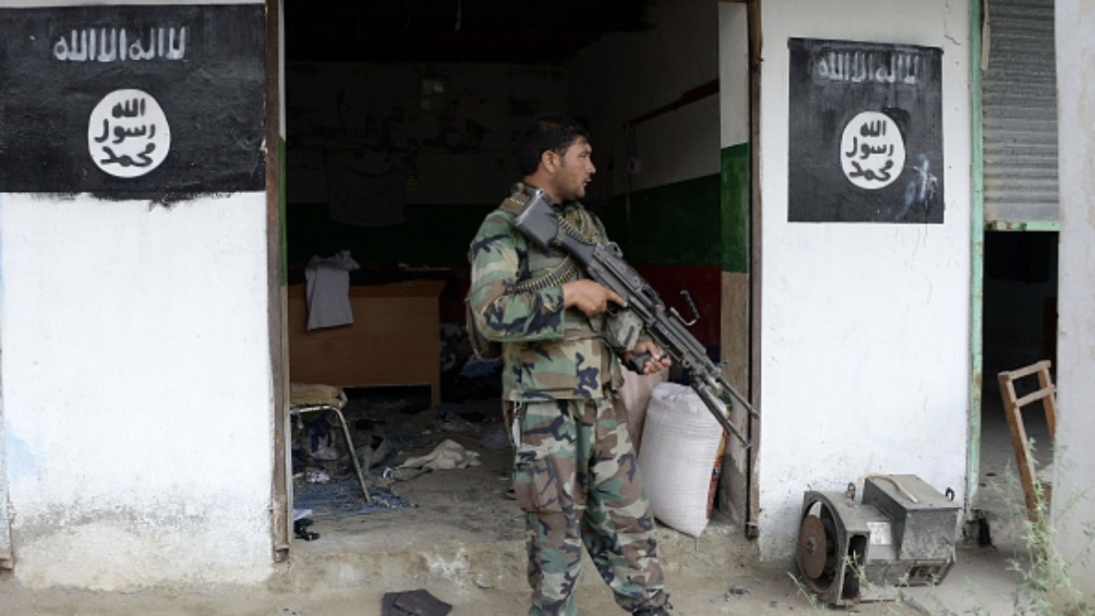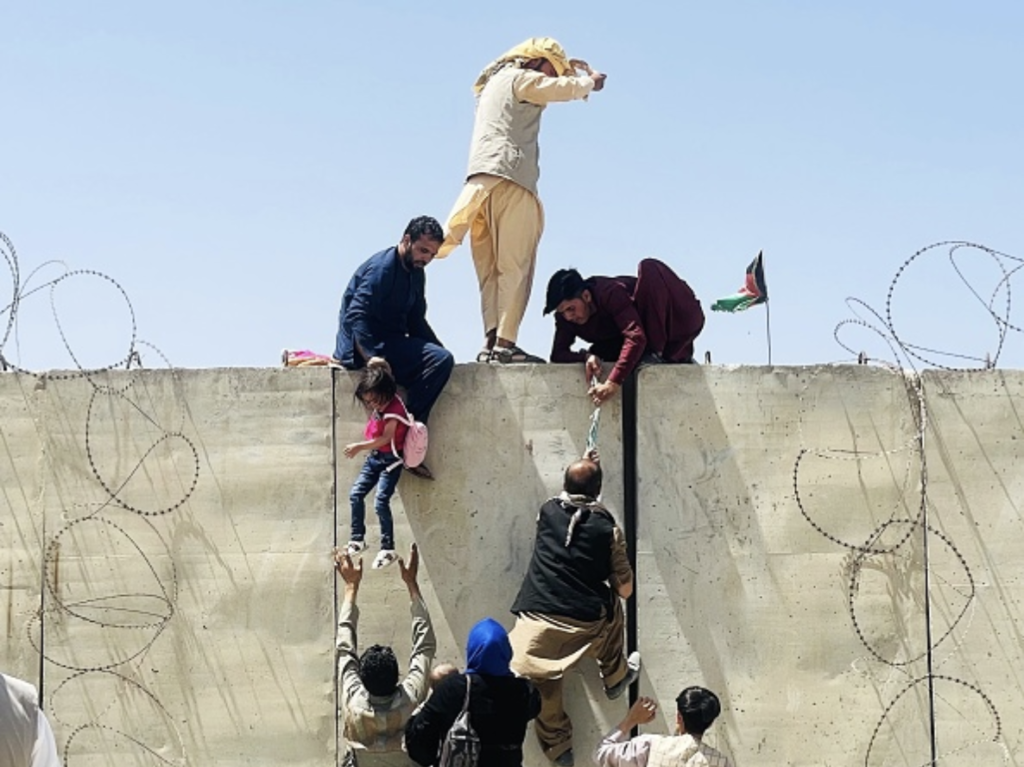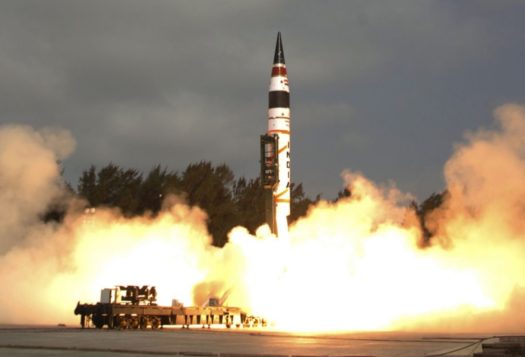
The Islamic State Khorasan Province (ISKP) terrorist group continues to make headlines in Afghanistan as the United States completes its withdrawal from the country. On August 26, ISKP carried out a suicide bombing at the Kabul airport that killed around 175 people, including 13 U.S. service members and at least 90 Afghan civilians. The bombing occurred amid warnings of an imminent ISKP attack at the Kabul airport while the evacuation process was underway. Given the high casualty count, prominent nature of the attack, and the losses suffered by ISKP in recent years, it is apparent that the while threat posed by ISKP has somewhat diminished, the group continues to exhibit consistent lethality.
Attacks by ISKP are likely to grow more frequent as the Taliban seeks to establish traditional governance and security roles following the scheduled U.S. withdrawal. ISKP will bolster its capabilities and recruitment by taking advantage of the Taliban’s weak counter-terrorism resources (CT), as well as exploiting the airport bombing and the Taliban’s comparatively moderate stance for propaganda purposes.
Impact on the Security Situation
The August 26 bombing could be a major turning point for ISKP, as they were able to effectively target U.S. forces, westerners, and the Taliban in one attack. The attack could cement its image in the eyes of jihadists who want to target the west, as well as among ISKP members who may gain a morale boost from the bombing. Jihadists are likely to regard ISKP as one of the most deadly terror groups, given that the casualty count of U.S. forces in the Kabul bombing was one of the highest among terrorist attacks in the last five years. The attack may also fulfil a sense of revenge for ISKP members, as the Taliban played a major role in defeating ISKP in Kunar and Nangarhar provinces with the help of U.S. forces. Reportedly, the Taliban also executed a former ISKP leader in an Afghan prison during their recent takeover of Afghanistan.
The August 26 bombing could be a major turning point for ISKP, as they were able to effectively target U.S. forces, westerners, and the Taliban in one attack.
ISKP activity since the signing of the peace agreement in February 2020 indicates the group planned to take advantage of fragile security during the U.S. withdrawal. In 2020, under the guidance of a new leader, ISKP staged sophisticated urban attacks, including the Jalalabad prison raid, attacks on Shia, especially Shia Hazara, neighborhoods in Kabul, and rocket attacks using launcher systems embedded in civilian vehicles, which targeted Kabul’s relatively secure “green zone.” In separate attacks in the “green zone”, ISKP targeted foreign embassies, Bagram airbase, and the Presidential Palace (a similar attack by ISKP recently took place on August 29). ISKP transitioned to urban attacks to gain increased visibility compared to attacks in the countryside, attracting recruits and strengthening its network in larger cities.
ISKP propaganda following the airport bombing repeated and reinforced its past messaging, describing the Taliban as American and Pakistani proxies, criticizing the Taliban’s accommodation towards Shias (as seen during the Muharram celebrations in Kabul following the Taliban takeover) and condemning talks between the Taliban and the West. Any signs of cooperation between the Taliban and foreign powers in combating ISKP will only help promote its propaganda. The alleged civilian casualties caused by a retaliatory U.S. airstrike on suspected ISKP targets, and the Taliban’s relative silence following this event, is also likely to reinforce ISKP’s claims and help with recruitment.
Attacks such as the airport bombing and the rocket strikes, along with an alleged ISKP commander’s recent interview with an American news network in a Kabul hotel, demonstrates that breaching security in Kabul and other urban centers is not difficult, especially during unrest caused during the Taliban’s takeover.

ISKP’s Potential Trajectory
Since ISKP first made an appearance in Afghanistan in early 2015, it has morphed from a quasi-province of the Islamic State that controlled territory in eastern Afghanistan, to its present state as a clandestine militant network. Offensives by U.S. forces, Afghan security forces, and the Taliban eroded ISKP’s physical presence and strength significantly. However, the impending U.S. withdrawal and reduction in U.S. troop levels allowed ISKP to regroup as Afghan security struggled to defend against Taliban offensives. The U.S.-Taliban talks also caused a degree of rift between the Afghan government and the United States. ISKP prioritized the survival of its members over territorial control, while also strengthening its urban networks. A United Nations Security Council report released in June assesses that ISKP had a core group of approximately 1,500 to 2,200 fighters in Nangarhar and Kunar provinces but was forced to decentralize. Currently, the group primarily consists of cells and small units across the country, operating autonomously.
ISKP continues to adapt to changing political dynamics. An ISKP commander’s recent interview with an American television network, demonstrates that ISKP may be borrowing the Taliban’s strategy of engaging with western media to further spread its message. ISKP is unlikely to pose any significant military challenge to the Taliban as the latter are much better armed, trained, and resourced. By avoiding direct confrontations with the Taliban, ISKP mitigates any avoidable losses while at the same time building its brand through concentrating attacks on high value targets. For now, ISKP is likely to remain a protracted underground insurgency using asymmetric terrorist tactics like bombings, fidayeen (suicide) attacks and assassinations of high ranking officials to compensate for its conventional shortcomings.
ISKP’s main threat to the Taliban is its ideological rivalry. ISKP’s global jihad ambitions clash with the Taliban’s Islamic nationalism. To gain international legitimacy, the Taliban may have to give up its more conservative practices relating to women’s rights, foreign relations, and religious minorities. This could cause friction within the group and bolster ISKP, although there is not yet evidence of large scale defections from the Taliban to ISKP. Taliban linked groups such as al Qaeda and the Tehrik-e-Taliban Pakistan may also dislike the subtle evolution of the Taliban’s ideology. These developments depend on how the Taliban portrays itself to the world and to its members going forward, as well as the political landscape following the U.S. withdrawal.
Ongoing chaos, armed resistance, and political unrest during the Taliban’s rule may provide ISKP more opportunities to carry out attacks and build strength.
Already there is increased chatter in jihadi forums encouraging the movement of radicals to Afghanistan, buoyed by the Taliban’s victory. The Taliban’s CT capabilities are not fully known, and without an international presence in Afghanistan, the ability to track threats will likely deteriorate. While the likelihood of an overseas ISKP attack emanating from Afghanistan is minuscule, a foiled attack in Germany last year demonstrates the potential for international terrorism. Ongoing chaos, armed resistance, and political unrest during the Taliban’s rule may provide ISKP more opportunities to carry out attacks and build strength. In the coming months, the Taliban’s ability to suppress ISKP and other terrorist groups will be tested, potentially mitigating or exacerbating terror threats in the country and region.
***
Click here to read this article in Urdu.


